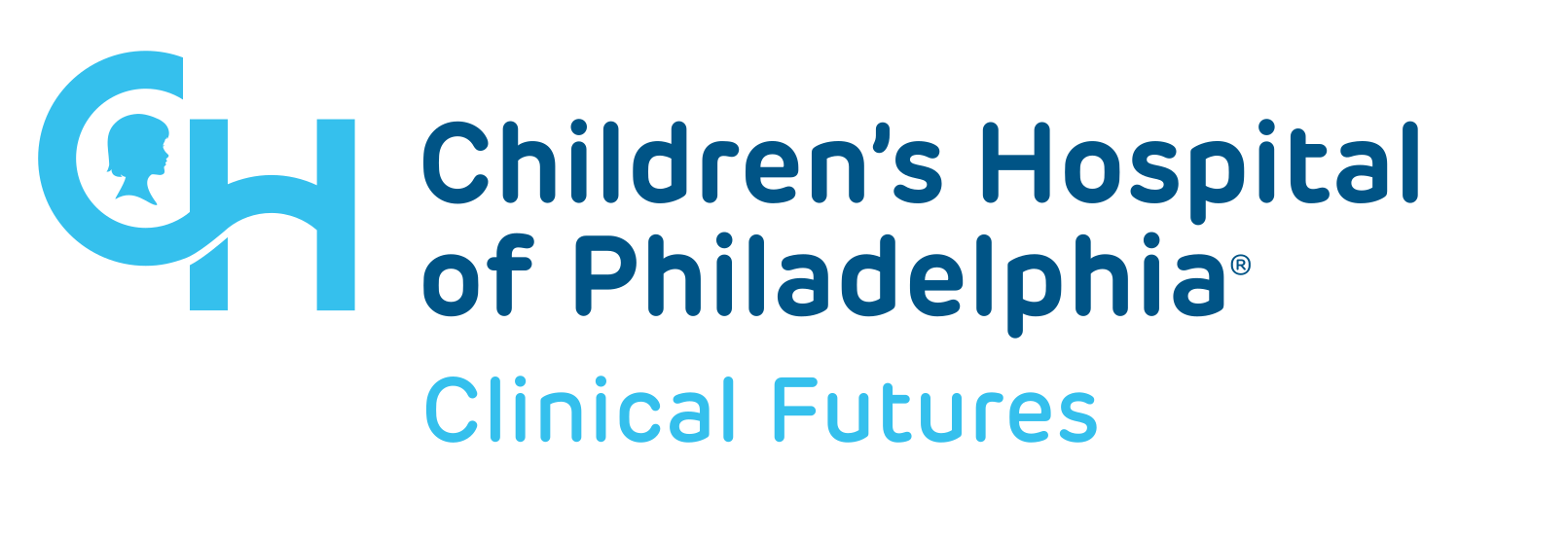Research In Practice Blog
Breadcrumb

"Perinatal antibiotic exposure and risk of childhood infections: a retrospective cohort study"
Mothers at risk for infections during delivery are often given intrapartum antibiotics to prevent life-threatening infections in both mothers and newborns. Data shows that maternally administered intrapartum antibiotics are given to approximately 305 of births in the United States. However, it is understood that early exposures to antibiotics can alter neonatal gut flora, leading to reduced microbial diversity which can disrupt the developing microbiome.
Exposure to early-life antibiotics among newborns, including intrapartum antibiotics, has been associated with increased risk for subsequent infections in some epidemiological studies. One potential reason for this may be the reduction of colonization resistance due to disruptions in microbiome development. Childhood infections are common and often lead to pediatric inpatient hospitalization. Data from 2016 reveals infectious conditions accounted for nine of the twenty most common diagnoses resulting in pediatric inpatient admissions, as recorded in the KID database. Among these, bronchiolitis, pneumonia, and cellulitis were ranked first, second, and fifth, respectively. Some studies suggest that frequent childhood infections are related to decreases in gestational age, birth weight, and birth length.
“While other studies have investigated maternal antibiotics prescribed during pregnancy and antibiotics given to children due to concerns of infection, there is a need for insight into the outcomes of perinatal antibiotic exposure,” said lead-author Sagori Mukhopadhyay, MD, MMSc.
Study Design and Findings
The aim of this retrospective cohort study was to examine the impact of intrapartum and early infancy antibiotic exposures on the risk of later childhood infections. The primary exposure was defined as the administration of intravenous antibiotics during labor or to the infant within three days after birth. The study focused on full-term infants who were born without any infections or chronic congenital conditions. The outcomes measured were infection-related hospitalizations, and the data were analyzed to determine the relationship between antibiotic exposure and these hospitalization events.
Among this retrospective cohort of 13,919 infants from 24 primary pediatric practices, 3,936 (28%) were exposed to antibiotics during the perinatal period. Among these infants, 1,294 (9.3%) experienced a total of 1,619 inpatient encounters, with 988 (61%) of those encounters being related to infections.
Specifically, infection-related inpatient encounters occurred in 265 (6.7%) of the children who were exposed to perinatal antibiotics, compared to 584 (5.8%) of the children who were not exposed. This resulted in a risk difference of 1.2% (95% CI 0.3-2.1%, p=0.005). However, once adjusted for other potential confounding clinical variables, there was no association between perinatal antibiotic exposure and childhood infection-related hospitalizations (aHR 1.16, 95% CI 0.95, 1.51, p=0.15).
Implications
Perinatal antibiotic exposure, whether alone or in combination with early infant antibiotics, was not found to increase the risk of childhood infection-related hospitalizations during the first six years after birth.
This finding contrasts with previous studies and may be attributed to several factors, including covariates included in multivariable modeling that were not considered in earlier research (such as neighborhood characteristics, vaccination status, and breastfeeding practices). Additionally, these findings may reflect underlying differences between the populations studied in this and prior research.
These findings suggest that concerns for later childhood infectious events are not associated with and should not affect decisions to administer medically-indicated antibiotic therapy in the perinatal period.
Funding from the National Institutes of Health supported this study which included researchers from the Children’s Hospital of Philadelphia and The University of Pennsylvania Perelman School of Medicine.
